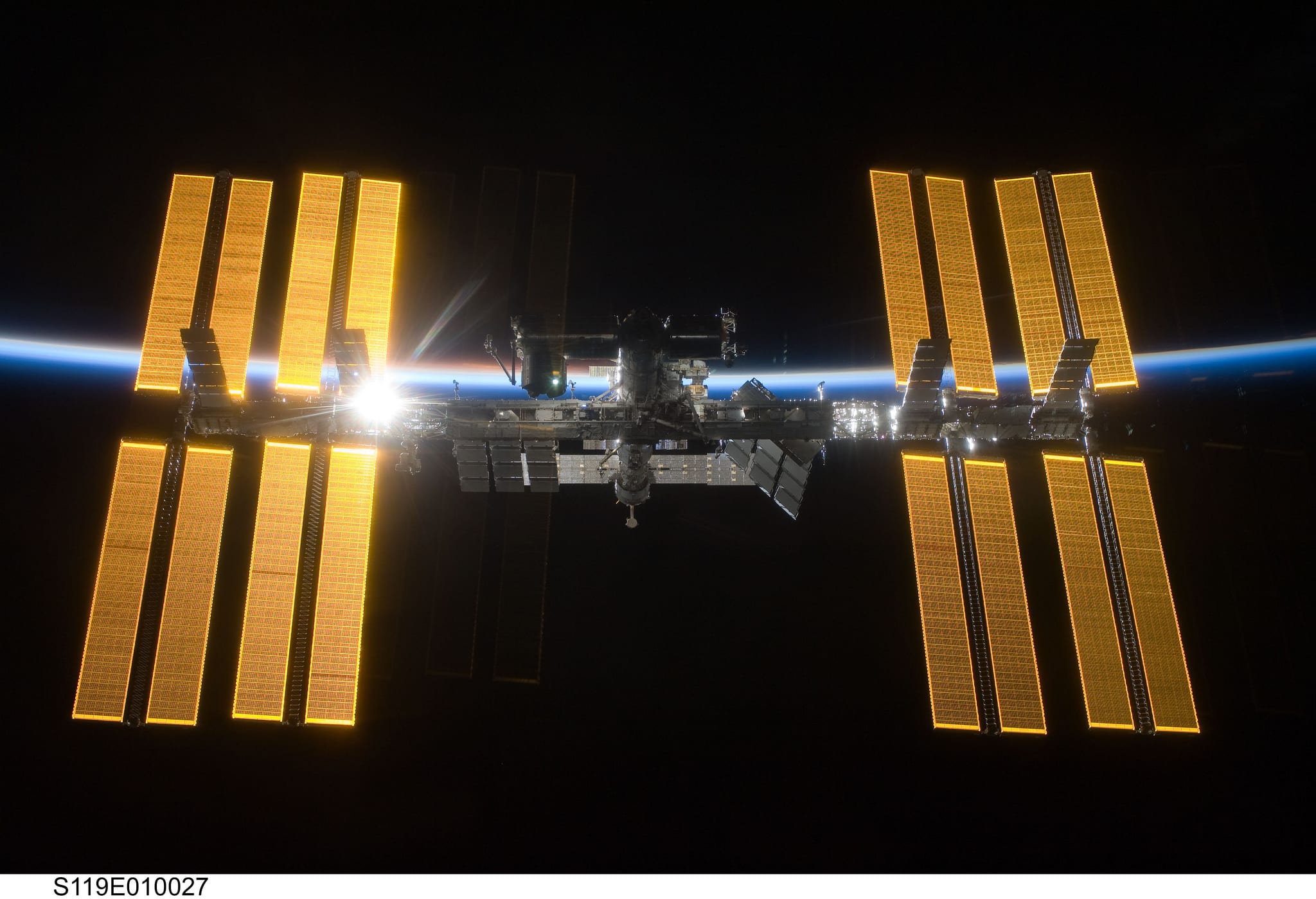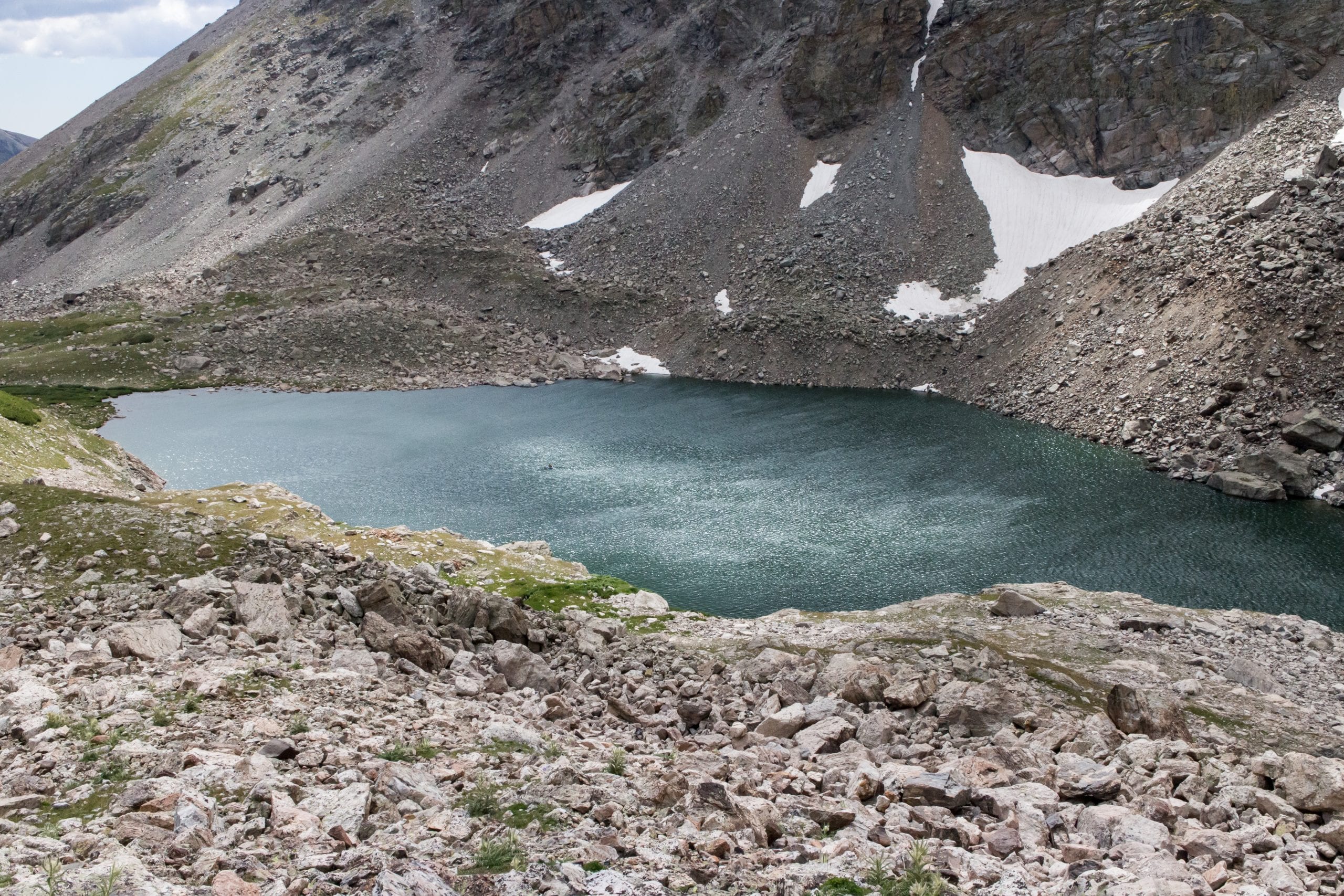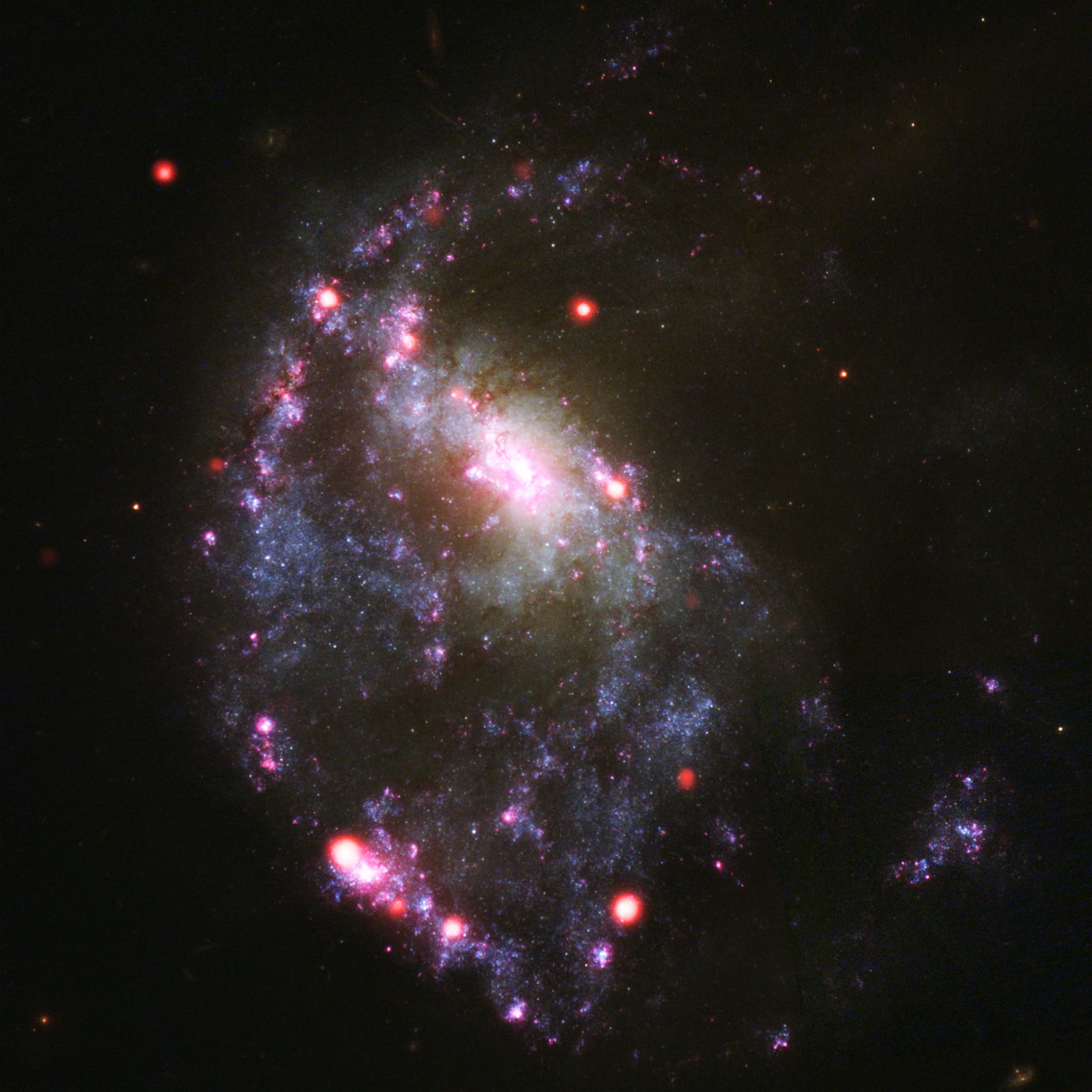
From Molecular Profiling to Mars: Insights after a Year Orbiting Earth
Astronaut Scott Kelly's return to Earth on March 2, 2016, marked NASA's completion of its One-Year Mission. The study monitored Earth-bound and retired astronaut, Mark Kelly, as his identical twin brother, Scott, resided 249 miles above the ground in the International Space Station. Along with Russian cosmonaut Mikhail Kornienko, they orbited Earth for 340 days, 7 hours, and 44 minutes.




